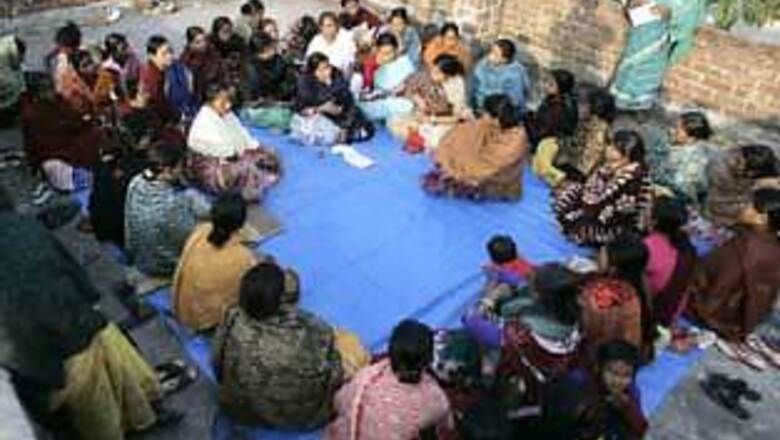
views
New Delhi: Women in the Asia-Pacific region have little economic and political power, impacting economic growth prospects of developing nations, the United Nations said in a report released on Monday.
According to the UN Asia-Pacific Human Development Report to mark International Women's Day, the region ranks near the worst in the world on issues such as protecting women from violence or upholding their rights to property.
"The key message (of the report) is that to meet any development goals that a society sets, you need the full participation and involvement of women," said Head of the UN Development Programme Helen Clark.
"The fact is that when women do have equal rights, it is very good for the society they live in and it is very good for the economy they live in, so there are many levels on which we should be promoting equal rights for women."
The report said lack of women's participation in the workforce is costing the region an estimated $89 billion annually.
While many women in the Asia-Pacific region have benefited from improved education, health and prosperity, they continue to face barriers to the same opportunities available to men, the report said
Not only are rates of employment, political representation and property ownership some of the lowest in the world, indicators related to health, literacy and vulnerability to poverty are also staggeringly low compared to men.
In many countries, few women earn their own income and the legal rights of men over land, housing, livestock, businesses and financial assets are biased -- leaving women vulnerable with no control over their household finances.
The absence of a female voice in the Asia-Pacific's political systems is also a concern, and women who do manage to gain a voice at local or national level face trouble.
"Women politicians, particularly those with extra vulnerabilities of poverty or association with marginalised groups, have been killed, raped or faced physical threats for challenging the status quo," said the report.
It cited an example of a village council in India where male members spread stories that female members were sexually promiscuous, harassed them with obscene phone calls and made sexual innuendos during meetings.
UNDP's Clark called on policymakers to make it a priority to correct gender imbalances.
"Human development cannot be achieved if 50 per cent of the population is excluded," she said.




















Comments
0 comment